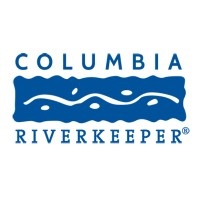
Refugee Council of Australia
The Refugee Council of Australia (RCOA) is the national umbrella body for refugees and people seeking protection, and the organisations and individuals who support them. We advocate for flexible, humane and practical policies towards refugees, asylum seekers and displaced persons, within Australia and internationally. We do this through national and international research, policy analysis, representation, training and community education. We are a non-profit organisation with tax-deductible charity status, funded through public donations, fees from our organisational and individual members, foundations and project work. The priority activities for RCOA are set by our members, as represented by an elected Board. Our policy and research work is informed by a constant process of consultation – convening regional forums and national teleconferences, attending interagency gatherings and meeting regularly with organisations and individuals across Australia. We have Special Consultative Status with the United Nations Economic and Social Council, enabling us to take the concerns of refugees to a wide range of UN gatherings, particularly those convened by the UN High Commissioner for Refugees.






